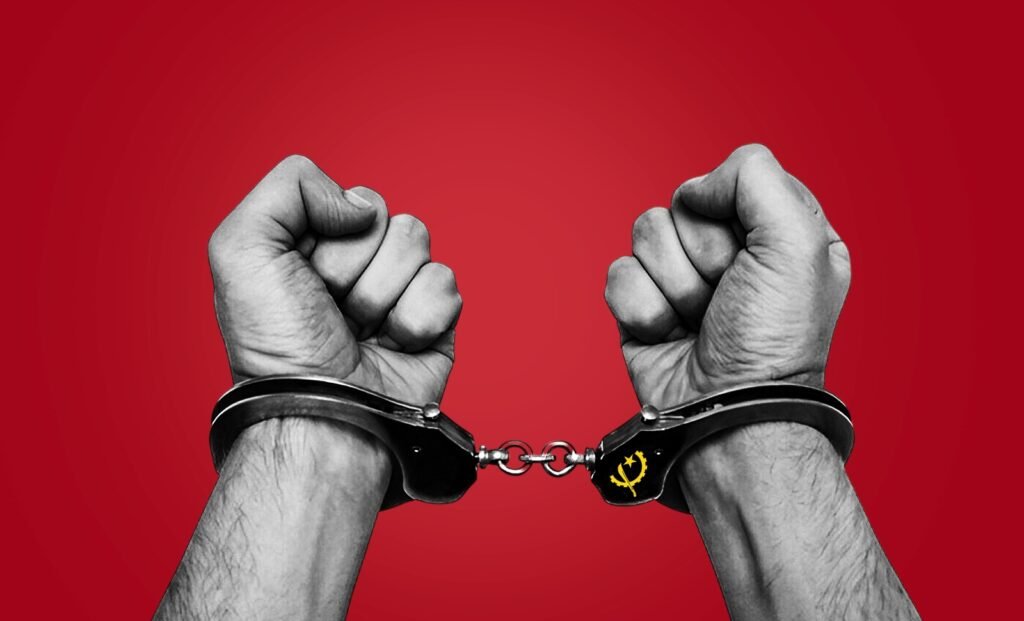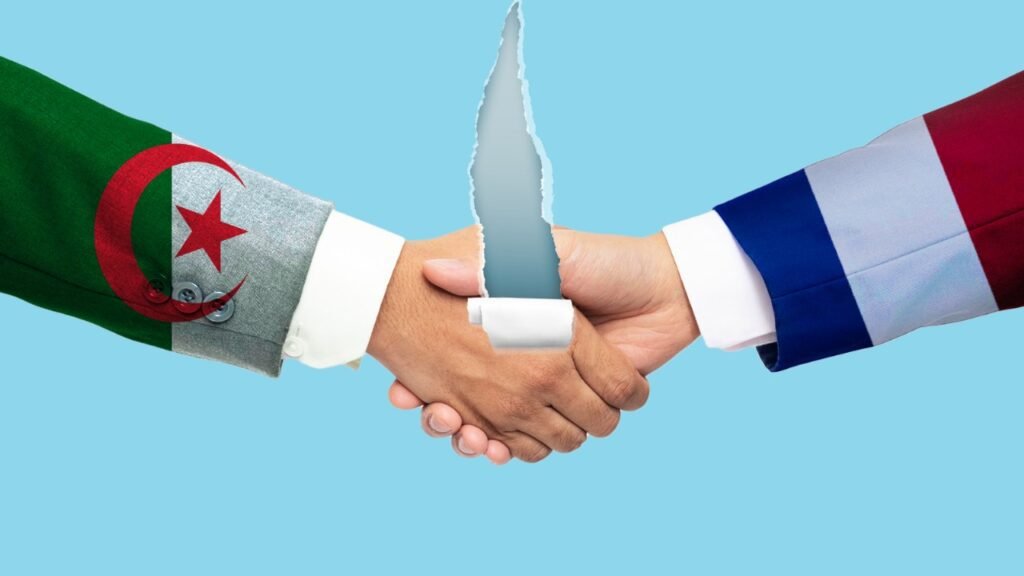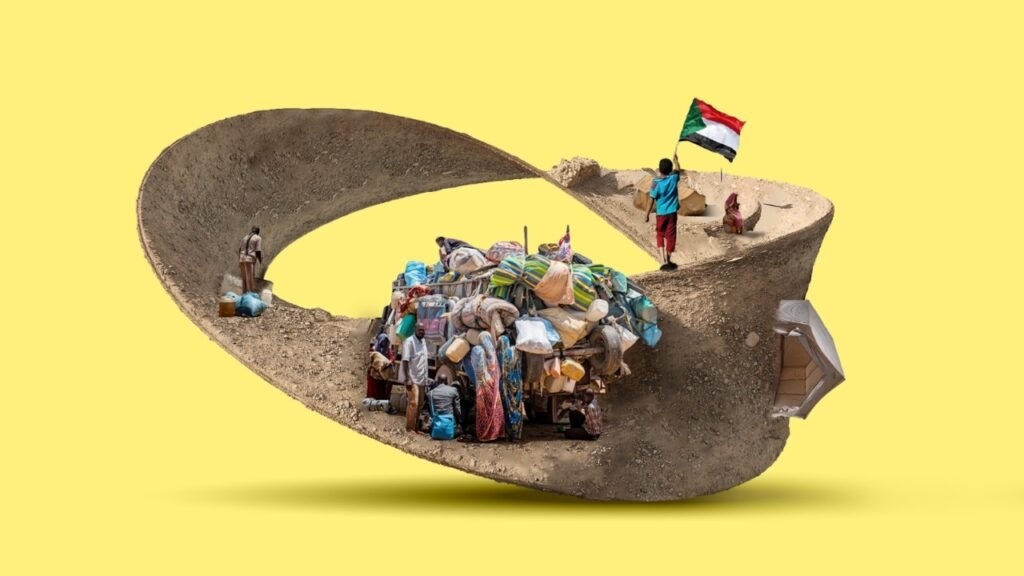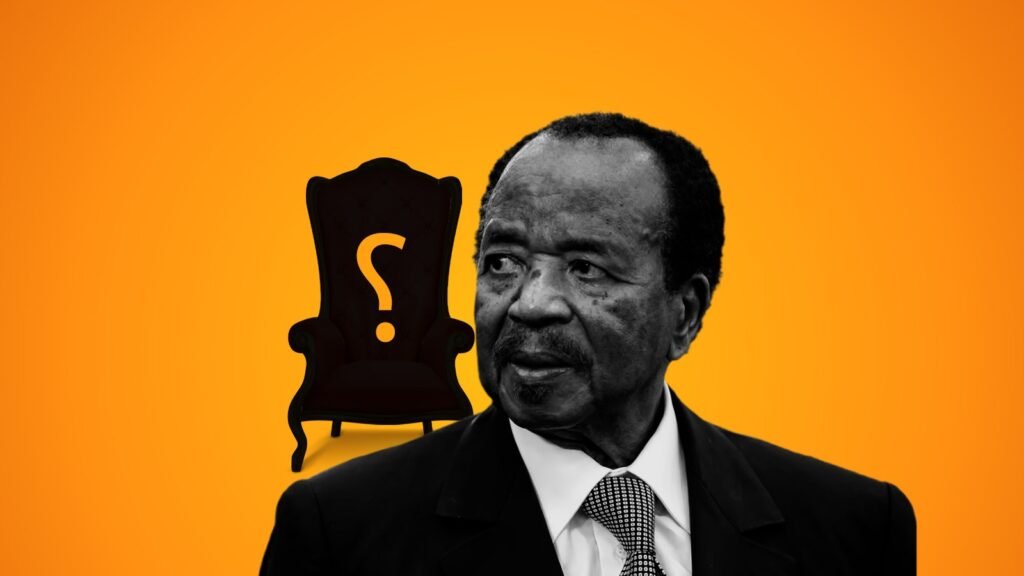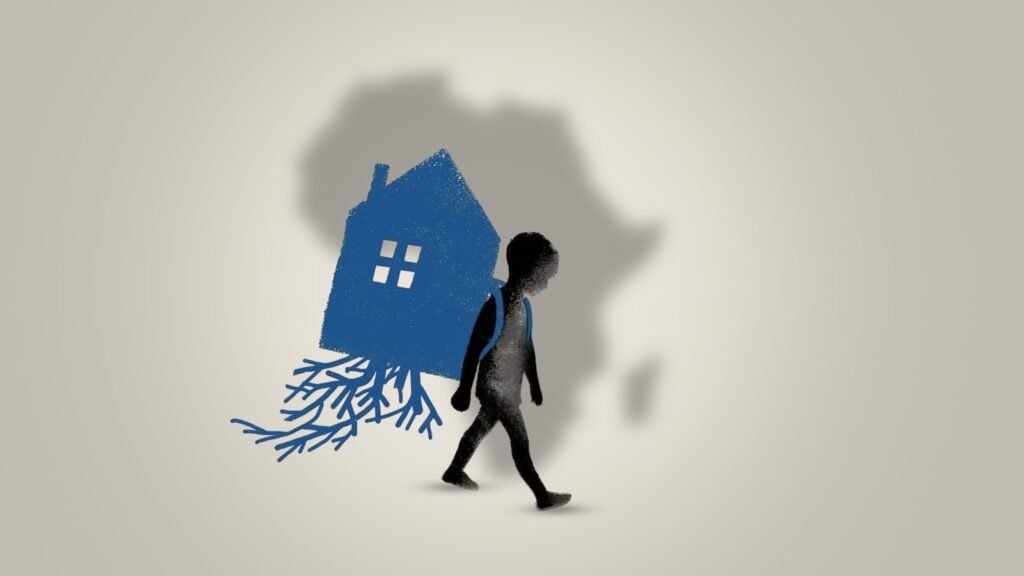In a surprising twist that has left political analysts scratching their heads, Angola recently found itself at the center of an international incident involving the detention of several high-profile political figures at Luanda’s Quatro de Fevereiro International Airport. Among those detained was Colombia’s former president, Andrés Pastrana, who served from 1998 to 2002. Pastrana, along with other dignitaries, had arrived to attend a political forum organized by the Brenthurst Foundation and the Centrist Democrat International (CDI), both reputable organizations in global political circles.
The incident unfolded when Pastrana and his colleagues were unexpectedly held for several hours upon arrival. The former president took to social media to express his frustration, stating that the Angolan government had impeded the entry of several politicians invited by the organizing bodies. He highlighted that other notable figures, including Tundu Lissu of Tanzania and a former president of Botswana, faced similar treatment. The detentions were particularly perplexing given that these individuals had been officially invited to participate in the forum.
Angolan authorities have remained tight-lipped about the reasons behind these detentions. Some officials hinted at alleged immigration irregularities, but this explanation has done little to quell the growing speculation. Many observers believe that the detentions were politically motivated, especially considering that the invitations were extended by UNITA, Angola’s main opposition party. This theory gains traction when considering the historical context of Angola’s political landscape, where tensions between the ruling party and opposition factions have been a recurring theme.
The CDI, an international organization comprising conservative and Christian-democratic parties, has been expanding its activities across Africa. The recent incident in Angola, however, underscores the challenges that come with such endeavors. The organization’s efforts to promote democratic values and political dialogue are commendable, but they often collide with the complex realities of local politics. In this case, the detentions have cast a shadow over Angola’s image on the international stage, raising questions about its commitment to democratic principles and openness to diverse political perspectives.
The timing of these detentions is particularly significant. Angola has been striving to position itself as a stable and progressive nation, eager to attract foreign investment and strengthen diplomatic ties. Incidents like this, however, can deter potential investors and allies, wary of the unpredictability and potential risks associated with such actions. Moreover, the lack of a clear and transparent explanation from the government only fuels further speculation and concern.
It’s also worth noting that this isn’t an isolated incident. Reports indicate that other political figures invited to the same forum faced similar challenges, suggesting a broader pattern rather than a singular misunderstanding. Such actions could be interpreted as a crackdown on political dissent or an attempt to control the narrative within the country. If true, this approach could have long-term repercussions for Angola’s political development and its relationships with international organizations advocating for democracy and human rights.
The international community has been watching these developments closely. Diplomatic missions and human rights organizations have expressed concern over the treatment of the detained individuals. They argue that such actions are counterproductive to fostering an environment of open dialogue and cooperation. Furthermore, they highlight that detaining respected political figures without clear justification can lead to diplomatic rifts and diminish Angola’s standing in global forums.
For Angola, this incident serves as a critical juncture. The government’s response in the coming days will be pivotal in shaping the country’s international image. Transparency, open communication, and a commitment to upholding democratic values will be essential in mitigating the fallout from this episode. Conversely, continued silence or ambiguous statements could exacerbate the situation, leading to further speculation and potential isolation on the diplomatic front. In conclusion, the unexpected detentions at Luanda’s airport have opened a Pandora’s box of questions about Angola’s political climate and its engagement with the international community. As the world watches, the onus is on the Angolan government to navigate this delicate situation with diplomacy and integrity, ensuring that such incidents do not overshadow the nation’s aspirations for progress and development.
